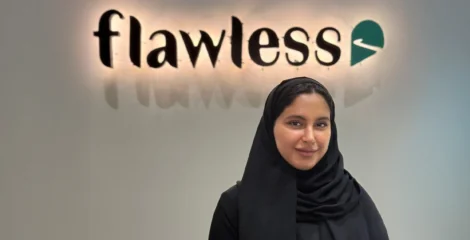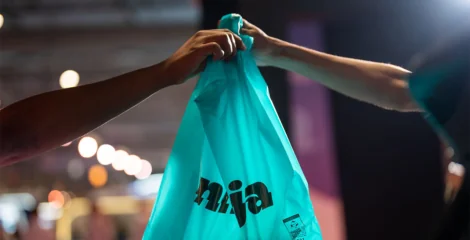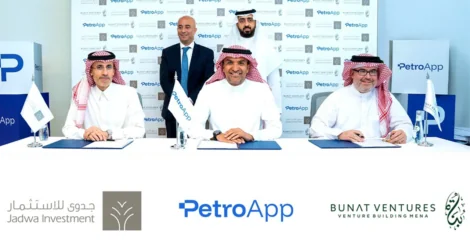Inside a greenhouse found along the Cairo-Alexandria Desert Road stands Adel El Shentenawy, the CEO of Hydrofarms for Agri-solutions. Unlike other greenhouses, this one is special. Here, the crops don’t grow in soil, rather they get their nutrients through hundreds of connected water pipes, a method known as hydroponic farming.
Founded in 2012, the company is the vision of El Shentenawy, who saw how this creative farming method could be the start of the agricultural revolution that Egypt needs. Having no prior experience in the agriculture industry didn’t stop Adel from realizing its huge potential. He decided to use what he had learned studying business development to set up one of Egypt’s first hydroponic farms.
Hydroponic farming has its roots in ancient Egypt and can save up to 90% in water consumption compared to traditional methods while using zero harmful pesticides. Crops grow in water full of the nutrients they need and can be harvested throughout the year, removing farmers’ dependence on seasons. “This also means that new food can be grown in Egypt like kale, green batavia and micro-greens” explained Adel، adding that “this farming method comes with its own unique challenges.. hydroponics requires large investment and there is little local knowledge about how to operate farms like these.”
“Hydroponics requires large investment and there is little local knowledge about how to operate farms like these.”
Adel El Shentenawy, Founder and CEO, Hydrofarms for Agri-solutions
This is where Hydrofarms steps in, the company uses its vast experience to help local farms get up and running by providing training and management services. It also promotes cooperation between the 45 hydroponic farms currently operating in Egypt and is building its Hydrofarms Academy to train the next generation of Egyptian farmers. Furthermore, it hopes to take the idea of sustainable hydroponic farming to the home by developing a manual which can teach families how to grow their own fresh food. The company’s ambitions don’t stop there though, El Shentenawy plans to use Egypt’s prime position to start exporting hydroponic produce globally and restore the country’s status as the “breadbasket” of the world.
Hydroponics Gains Traction in the Middle East
Across the MENA region hydroponic farming is becoming more popular. In 2018 Dubai built the world’s largest vertical farm where crops are grown in trays that are stacked on top of each other, reducing the amount of space required to harvest food. The 130,000 square foot farm will supply food to Emirates Airlines while using 99% less water compared to normal farms. Bahrain has also seen growth in hydroponic farming in recent years with one greenhouse producing 5,000 tons of fresh food per year for the country. In Egypt, other hydroponic initiatives have started alongside Hydrofarms. Urban Greens Egypt is a company supporting local communities to grow hydroponic produce inside Cairo, be it on roofs or small green spaces across the city.
“We do have a water crisis not only in Egypt but [in] the whole region and having hydroponics will help solve the problem.”
Adel El Shentenawy, Founder and CEO, Hydrofarms for Agri-solutions
The rise in hydroponics is understandable, the Middle East faces many agricultural problems caused by a lack of water, the region’s desert environment and climate change. 12 of the world’s most water-scarce countries are found in this region, and many MENA countries import the majority of their food with imports expected to double to $70 billion per year by 2035.
El Shentenawy isn’t simply developing an alternative to traditional farming. Hydroponics is also the start of a much-needed conversation surrounding the food we eat. Across Egypt, people buying hydroponic produce will be able to develop a much deeper connection with their food by paying more attention to where it comes from and the amount of resources conventional farming would use to grow them. The development of hydroponics will be very important for the future of the Middle East and companies like Hydrofarms for Agri-solutions will play a vital role in providing the necessary training, expertise and solutions in the years to come.
For editorial tips and leads get in contact with us.
If you see something out of place or would like to contribute to this story, check out our Ethics and Policy section.










